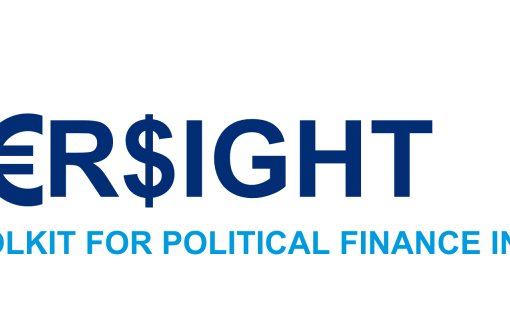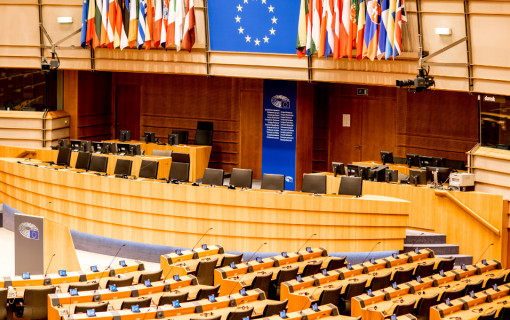Albania Final Report: April 1998-September 2000
EXECUTIVE SUMMARY
IFES involvement in the Republic of Albania dates back to 1991, when technical assistance was provided in preparation for Albania's first post-Communist elections in 1992. Beginning with the 1997 social unrest following the collapse of an investment scheme, IFES has had an increasingly significant role in stabilizing and developing democratic institutions in Albania. During the summer of 1997, IFES dispatched a team of 13 specialists to Albania to serve as part of the OSCE's technical assistance effort to support the electoral process for the June/July parliamentary elections. That project focused on voter registration and verification; voter education and media relations; election official training; commodities procurement; regional election administration; OSCE election office administration; deployment and briefing of international observers; legal analysis, advice and drafting; and advice and assistance to the Central Election Commission (CEC). IFES was simultaneously contracted by the US Department of State to recruit and train 100 American election observers for the parliamentary elections.
With the start of this Cooperative Agreement in April 1998, IFES has had a full-time office in Albania. Since that time, IFES has been the primary election support organization from the international community for the Government of Albania and the Central Election Commission. IFES has been instrumental in:
• Ensuring that a provision for an independent CEC was included in the new national Constitution;
• Serving as the primary agent for drafting a new Electoral Code;
• The creation of a national, computerized list of voters;
• The development of five nation-wide civic education programs for voters; • The development and delivery of training programs for local election officials;
• Providing advice to the CEC on implementation of the law and administration of the elections; and
• Developing commercial relations between the CEC and suppliers of election goods.
Achieving these projects has involved a number of specific activities, many of which are reported on in this document. Others are reported on in other reports pertaining to different funding mechanisms. The activities undertaken by IFES have been based on a close collaboration with the Central Election Commission. This collaboration covers a broad range of activities including advice to the CEC; management of the Voter Registration Project; civic education and training; and the publication of election results. In addition, there has been a close collaboration between IFES and the international community especially with the OSCE, US Embassy and the Friends of Albania. The strong relationship between IFES and all of these organizations has been instrumental in the achievement of IFES work programs.
An important part of IFES Albania's activity has been the provision of advice to the CEC (corporately and individually to members and staff). It is difficult to measure the importance of this activity; however, it is also clear that this has been an important and useful element of the project. Not only has the CEC sought to expand its relationship with IFES but individual members of the Commission also frequently seek out IFES staff for assistance.
IFES has had a direct and strong impact on the development of a democratic election process. Through assistance from IFES:
• A national computerized voter list has been created for the first time;
• First ever training of local officials has taken place and the CEC is moving to establish its own capabilities in this field;
• Successful civic education campaigns have prompted the CEC to establish its own expertise in this area;
• Modem election supplies have been purchased;
• Courts are more actively involved in settling election disputes;
• A move is underway to establish an Association of Election Officials in an effort to develop a spirit of impartiality at the local level and create a sense of professionalism;
• A national survey of election officials has been completed;
• There has been a heightened level of trust by the political parties in the ability of the CEC to undertake its responsibilities in an impartial manner;
• A comprehensive report on the local government elections was published; and
• Electoral zone boundary maps were published for the first time.
Much of these activities reflect a first step towards best practices in the field of election administration. However, collectively they have also contributed to the increased transparency of the election process in Albania and thus contributed to the fact that the last two elections (October 2000 and June 2001) were, for the first time since 1991, free of violence.
There is much more to do. Changes need to be made to the electoral code; the voter list continues to have a number of errors; local mapping is required; and more extensive training of local election officials is a continuing challenge, as is the development of greater professionalism and institutional strengthening with all parts of the CEC. These issues represent the challenges for the future and constitute the major core of current IFES activities in Albania since February 2002.









